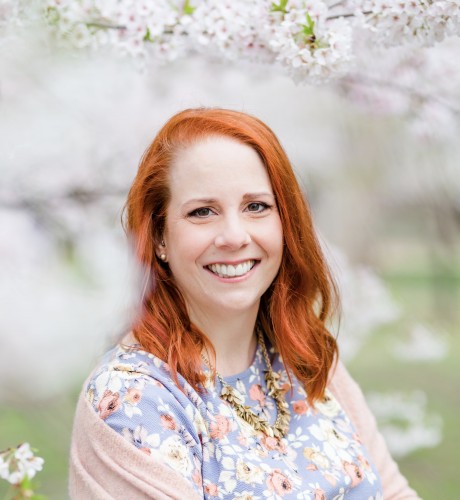
Ashley Landers
Dr. Ashley L. Landers is an Assistant Professor of Human Development and Family Science in the Department of Human Sciences at The Ohio State University. Dr. Landers is a community-engaged family scientist who conducts research in partnership with First Nations Repatriation Institute under the vision of Sicangu Lakota Elder, Sandy White Hawk, that focuses on the permanency, health, and well-being of American Indian/Alaska Native families in child welfare. This research examines what happens to American Indian/Alaska Native children and families following family separation (e.g., foster care, adoption, reunification), and how these children and families fare (e.g., maltreatment recurrence, mental health problems, behavioral health disparities). Findings from this decade-long community/campus partnership translate into policy and practice by providing support for the Indian Child Welfare Act (ICWA) and Tribal efforts to address the detrimental impact of the systematic removal of American Indian/Alaska Native children. Their research was cited by Justice Neil Gorsuch in the Supreme Court ruling to uphold the Indian Child Welfare Act (ICWA) in Haaland v. Brackeen in 2023, the Tribal Amicus Brief in the Supreme Court in 2021, the World Health Organization and UNICEF in 2020, and the Washington State Supreme Court in 2020. Together they have published over 30 articles on family separation, child welfare, and reunification, as well as presented at over 40 local, national, and international conferences.
The engaged way that Dr. Landers approaches her research parallels how she approaches her teaching. Her overall teaching philosophy is that learning is an engaged collaborative process. She believes that teaching is a powerful way to share knowledge. It is both a responsibility and an honor to teach. She utilizes active learning strategies to enhance student engagement and create a platform that allows her students to engage in critical thinking and real-world skill-based applications. She has seen first-hand how active learning strategies (i.e., word associations, bell work, think-pair-share, discussion) tend to hold the attention of learners and ensures their engagement. In addition to engaged teaching practices, Dr. Landers strives to create an inclusive classroom that meets the diverse needs of learners and their various learning styles. She primarily teaches graduate courses in Couple and Family Therapy wherein she is committed to demystifying the process of learning to become a family therapist clinician.
